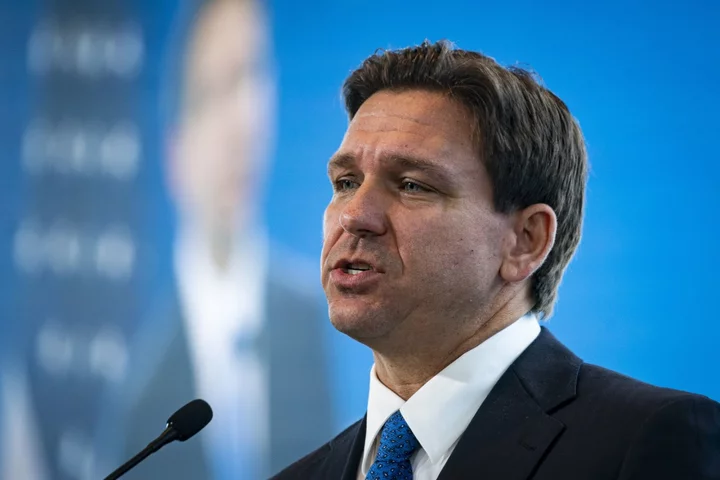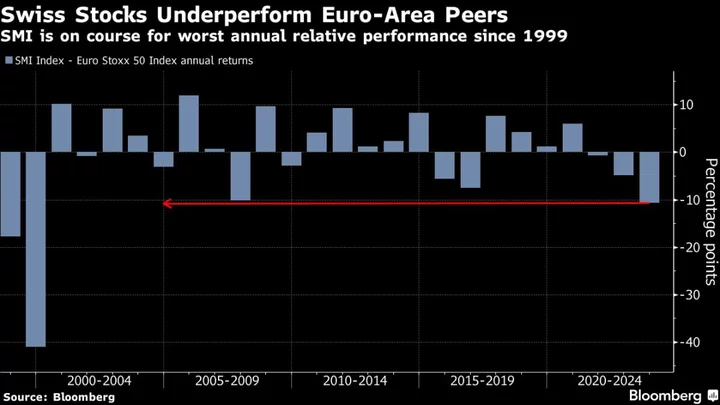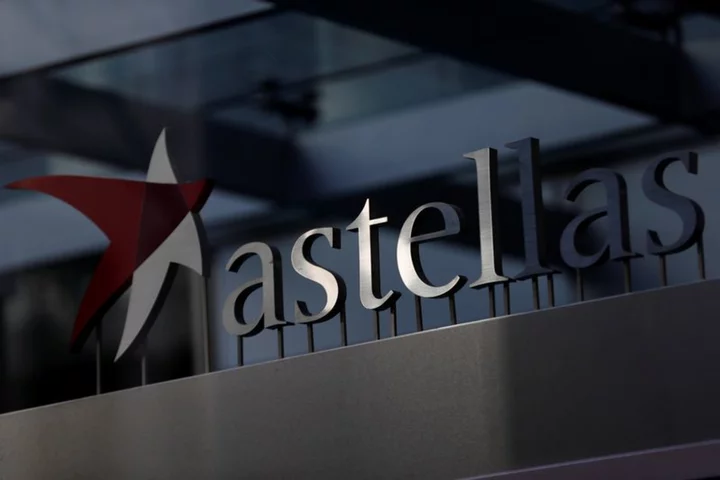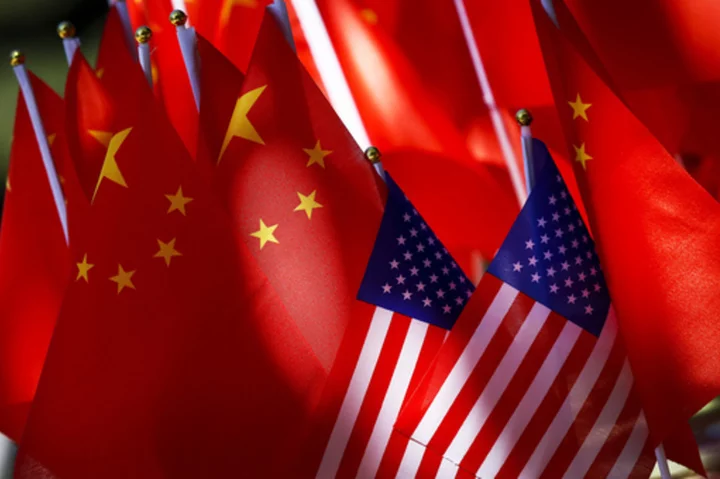Elon Musk’s plan to host Ron DeSantis’ 2024 presidential campaign announcement on Twitter will mean promotion of the live audio event to the billionaire’s more than 140 million followers on the platform he owns, underscoring the social network’s shift toward a more partisan approach to political discourse.
While Musk said Tuesday that it’s important for Twitter to have a range of voices, the open embrace of a national candidate at such a critical campaign moment resembles implicit support. That opens the company up to more criticism and a potential row with one of its biggest advertisers, Walt Disney Co., which is engaged in an escalating dispute with DeSantis, Florida’s Republican governor, over his policies in the state.
It’s also a break from the typical decorum held by social media leaders, who for years have faced scrutiny from users and policy makers about the potential bias of their ubiquitous platforms. While Musk has been open about his political opinions — before the US midterm elections in 2022, he advised users to vote Republican – this pushes Twitter further into being a partisan platform, and risks alienating other constituencies as well as advertisers averse to aligning with a particular political party.
“I’m not at this time going to endorse any particular candidate but I am interested in X/Twitter being somewhat of a public town square,” Musk said Tuesday at the Wall Street Journal’s CEO Council Summit. Last November, Musk said in a tweet that he would support DeSantis if he ran for president in 2024.
DeSantis will join Musk at 6 p.m. ET in a Twitter Spaces audio livestream on Wednesday, according to people familiar with the plans, and the campaign will release a launch video. DeSantis in Florida has pushed positions that aren’t nationally popular, such as a ban on abortions after 6 weeks, an expansion of capital punishment, permitless concealed carry of guns and strict limits on how race and gender can be discussed in schools.
Twitter, along with Meta Platforms Inc.’s Facebook and Instagram, have power over what their users see, to the extent that during the 2016 elections Russia tried to manipulate the content on those platforms in order to affect US public opinion. The social networks have stuck to the refrain that they are non-partisan platforms that have worked to improve the accuracy of the information people see, and say they have enforced their guidelines equitably across both sides of the political aisle.
Read more: Meta’s Instagram Readies Twitter Competitor for Summer Debut
San Francisco-based Twitter has been a key platform for real-time information while people are voting and deciding how to vote. Under its past leadership, the company devoted extensive resources during elections to labeling or removing content that could affect the voting process. Approximately 300,000 posts were labeled as disputed or misleading, and in some cases, tweets were put behind warnings that users had to click past to view. Notably, Twitter banned former President Donald Trump in the wake of the Jan. 6, 2021, attack on the Capitol out of concern his posts were inciting violence, after hiding several of his tweets.
It’s not clear what advertising and content policies Musk, who bought Twitter last year for $44 billion, will carry through to the next election.
“This checks off a lot of boxes for DeSantis,” said Katie Harbath, who previously ran election policy at Facebook. It indicates an alignment with Twitter’s conservative audience and “needles Trump on the platform that he used to dominate.”
For years, social media platforms, including Twitter and Facebook, were accused by Republican lawmakers and conservative pundits of squelching right-leaning voices and discourse. Both have taken pains to make their platforms more welcoming to a broad range of views, and more recently, some of Facebook’s most popular pages have come to be dominated by far-right groups. Under Musk, Twitter has also proven hospitable to conservative — and in some cases, fringe-right — viewpoints.
The effort to appear non-partisan has been essential to keeping the platforms in the good graces of lawmakers and, perhaps more importantly, to their advertisers. For marketers, optics matter. Many businesses don’t want to pay money for their ads to sit alongside posts advocating violence, amplifying threats or spreading harmful misinformation.
Advertisers were already fleeing Twitter because of the company’s failure to moderate content or prevent their ads from appearing next to problematic tweets. Since Musk took over, advertising revenue has declined by 50%, Musk said in March.
Disney, one of Twitter’s largest advertisers according to Musk, has continued buying ads on the platform, but that could potentially change as the platform begins amplifying DeSantis, who has been publicly feuding with Disney.
Disney is in a major fight with DeSantis over state legislation on sexual identity, oversight of municipal services at the company’s parks and other issues. Disney has a large presence in Florida, where it operates its flagship theme park and employs about 70,000 people. The company has been using its economic heft to push back against DeSantis. Earlier this month Disney scrapped scrapped plans to build a nearly $1 billion corporate campus in the state.
Disney didn’t immediately respond to a request for comment.









